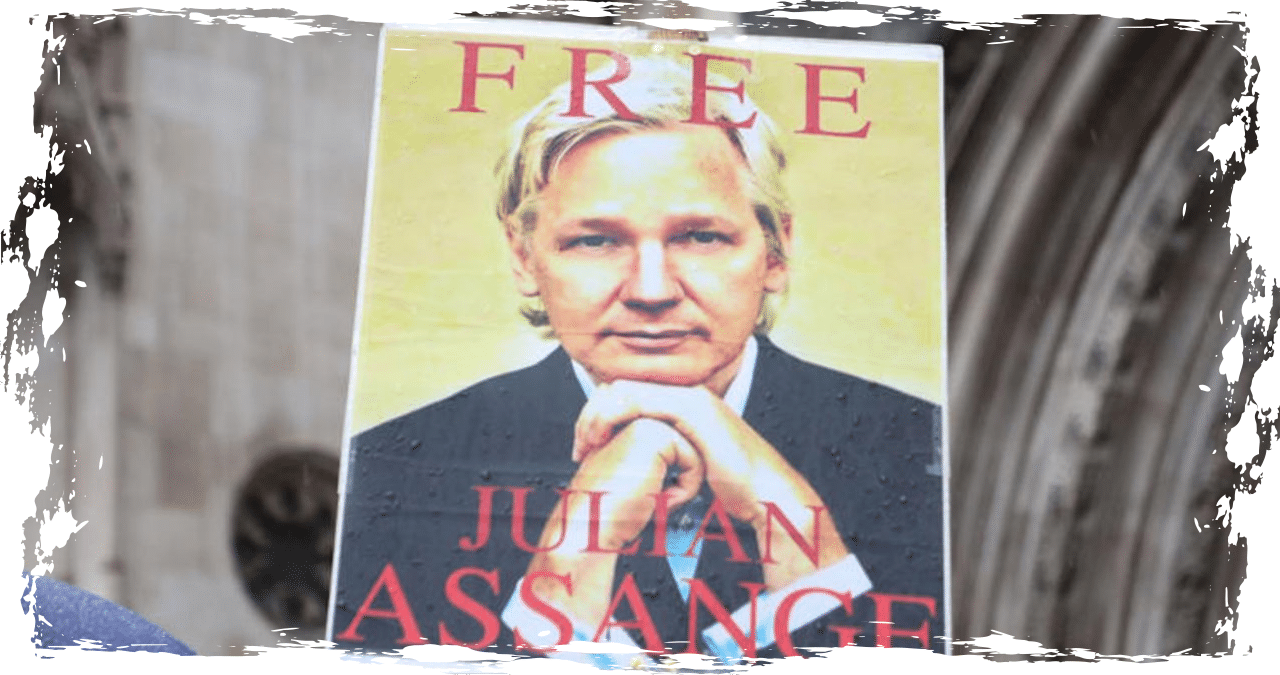On Monday, the British High Court made a significant decision, granting Julian Assange, the founder of WikiLeaks, the opportunity to appeal his extradition to the United States. This is a crucial development as Assange faces espionage charges in the US.
The recent ruling in London allows Assange, an Australian national, to contest the fairness of his potential trial in the United States, even though he is not a U.S. citizen.
Assange’s decision to appeal the charges against him has allowed him to stay in Britain while he prepares for the legal battle. The appeal seeks various assurances from U.S. prosecutors who accuse him of endangering lives through the publication of diplomatic cables and classified military files on WikiLeaks in 2010. These files alleged the involvement of U.S. soldiers in civilian deaths in Afghanistan.
Assange is currently facing charges of espionage, with a total of 17 counts, along with one count of computer misuse. These charges stem from his involvement in sharing the documents.
During Monday’s hearing, Assange’s lawyer, Edward Fitzgerald, clarified that his client was not looking for a guarantee of protection under the First Amendment. Instead, he emphasized the importance of being able to raise these rights during the trial. Fitzgerald further highlighted the lack of response from U.S. prosecutors regarding the assurances that Assange would receive, describing it as a deafening silence.
According to Edward Fitzgerald, the attorney representing Assange, it is not uncommon for prosecutors to make specific promises. However, in this case, no such assurances have been given. Fitzgerald stated that there has been no objection to bail and no intention to seek the death penalty.
During the hearing, James Lewis, who was representing the United States, emphasized that Julian Assange’s nationality would not affect his right to a fair trial. However, it was argued that his actions were not protected under the First Amendment.
According to Lewis, the U.S. prosecutor’s stance is that both U.S. citizens and foreign citizens cannot invoke the protection of the First Amendment when it comes to publishing illegally obtained national defense information that exposes innocent sources to serious and immediate harm.
Assange’s team has refuted the U.S. claim that sharing the documents was not protected under the First Amendment. They argue that his actions align with standard journalistic practice, involving the sourcing and publication of public information. They emphasize the public’s legitimate right to access such information and view the government’s case as a politically motivated attempt to target Assange for exposing criminal activity by the U.S. government.
According to Stella Assange, the wife of Julian Assange, he played a crucial role in uncovering war crimes. She believes that the current case against him is a form of retaliation by a certain country against transparency and the concept of holding individuals accountable for their actions.



